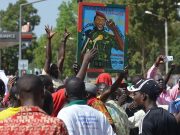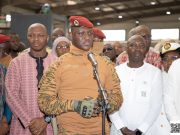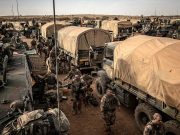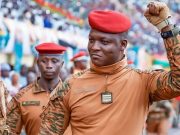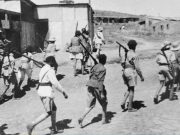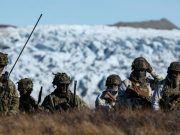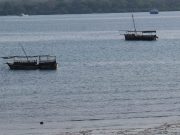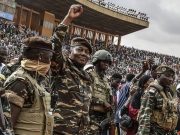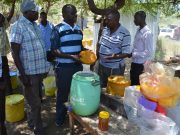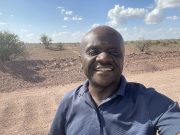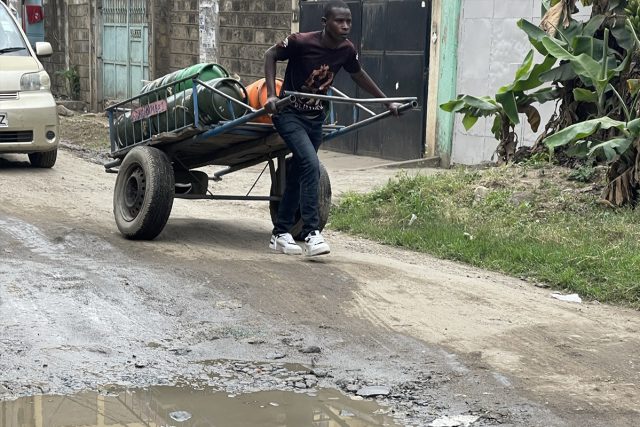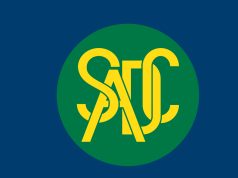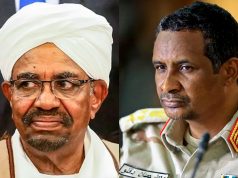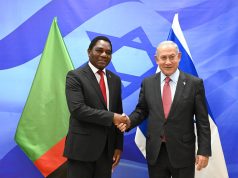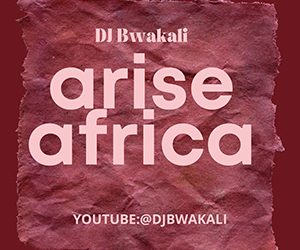The Price of a Headline
A careless headline in London can drain billions from Africa. A New York op-ed about instability in an African election translates into higher borrowing costs for governments across the continent. The math is brutal: perception becomes premium, and premium becomes poverty.
This is not just media bias. It is white privilege disguised as objectivity, and it seeps into every corner of foreign policy. It shapes the rules of money, trade, security, and even medicine. And while the West shrugs, Africa pays.
The defaults of others cannot define our destiny. Africa must build its own defaults.
When the Cure Was Poison
The 1980s were the decade when Africa was told to swallow bitter medicine. The IMF and World Bank arrived with their miracle cure: structural adjustment. They demanded deep cuts to health and education, the privatization of water, and the stripping down of public services.
On paper, these programs promised growth. On the ground, they delivered hunger, collapsed classrooms, and hospitals without doctors. UNICEF spoke of “Adjustment with a Human Face,” but the human face that stared back was gaunt and hollow-eyed.
The defaults of others turned economic theory into African suffering. Africa must build defaults rooted in dignity.
The Money Leash
In West Africa, the CFA franc lingers like a colonial ghost. Pegged to the euro and guaranteed by France, it ties fourteen African economies to policies they do not control. France calls it stability. West African youth call it servitude.
Even the much-touted 2019 reforms barely scratched the surface. The peg stayed. The guarantees stayed. The leash stayed.
The defaults of others kept Africa’s money on a leash. Africa must build monetary defaults that unleash sovereignty.
Congo’s Blue Gold
The Democratic Republic of Congo owns cobalt. Seventy percent of the world’s supply is buried in its soil. Cobalt powers smartphones, laptops, and electric cars. It fuels the digital age and drives the green transition.
And yet, Congolese miners still live in poverty. Their children dig with bare hands while profits flow to Zurich, London, and Beijing. When global prices collapse, it is Congolese families who pay the cost.
The defaults of others write the trade rules that bleed Africa dry. Africa must build defaults that keep value at home.
Guns Without Peace
In the Sahel, France launched Operation Barkhane in 2014. Thousands of troops poured into Mali, Niger, and Burkina Faso. The mission was sold as a fight for security, but insecurity spread. Attacks multiplied, resentment deepened, and governments fell.
Whose security was this war protecting? The evidence points north. It was Europe’s borders, not Africa’s villages.
The defaults of others militarized African soil. Africa must build security defaults that prioritize African lives.
Vaccines for Some, Patents for Others
When COVID-19 hit, the West promised solidarity. But solidarity never came. Vaccines rolled out in Berlin and New York while Africa waited. African leaders begged for a waiver to produce vaccines locally. The answer was no.
The reason was intellectual property protections for pharmaceutical giants. Patents carried more weight than people. Profits carried more weight than survival.
The defaults of others privileged profit over human life. Africa must build health defaults that privilege survival.
The Narrative Tax
Words carry cost. Every negative stereotype, every lazy cliché about Africa as unstable or corrupt, adds billions to the continent’s debt burden. A paragraph written in a foreign newsroom becomes a price hike in Nairobi, Lagos, or Kinshasa.
This is not simply narrative. It is economics. It is the financialization of prejudice. And until Africa takes control of its own story, it will continue to pay twice: once in image, and again in interest.
The defaults of others weaponize perception. Africa must build narrative defaults that reflect truth and pride.
The Thread That Binds
Look closely at the pattern. Structural adjustment drained our services. The CFA franc shackled our economies. Cobalt exploitation bled Congo dry. The Sahel wars claimed African lives to protect European fears. COVID-19 denied vaccines to our people. Headlines taxed our reputation.
Each story is different, but the thread is the same. White privilege sets the defaults. Africa pays the price.
The defaults of others cannot define our destiny. Africa must build its own defaults.
Building Africa’s Defaults
What does it mean to build our own defaults? It means shifting from reaction to creation. It means refusing to accept rules written elsewhere and instead setting the terms ourselves.
Africa must process its own resources instead of exporting them raw. Minerals like cobalt and lithium should be refined into batteries and components on African soil. Contracts must be transparent, visible to every citizen, so no deal is hidden in shadows. Health and education budgets must be ring-fenced, protected from the slash of external lenders. Africa’s narrative must be reclaimed by funding our own media and research institutions. Above all, the continent must act together. A Pan-African credit rating agency, a united minerals strategy, and one collective voice at the WTO can achieve what no single state can.
Our unity must be the default. Our sovereignty must be the default. Our future must be the default.
Whose Defaults?
White privilege in foreign policy is not invisible. It is concrete, measurable, and deadly. It dictates whose interests matter and whose can be ignored. It drains African wealth, delays African progress, and discounts African lives.
But as Kwame Nkrumah, Frantz Fanon, and Walter Rodney warned us, empire survives not only through armies but through ideas. Which means empire can be undone by new ideas, new voices, and new defaults.
So I leave you with this question: whose defaults will shape Africa’s destiny, theirs or ours?
The defaults of others cannot define our destiny. Africa must build its own defaults.
